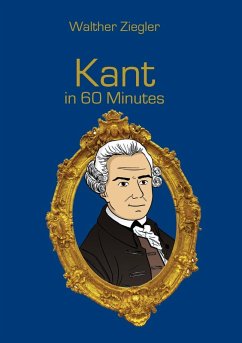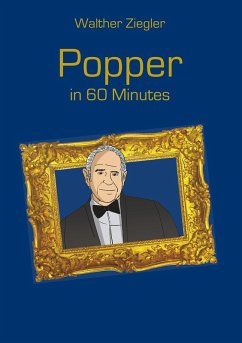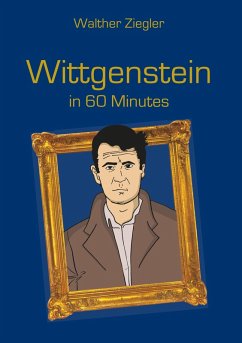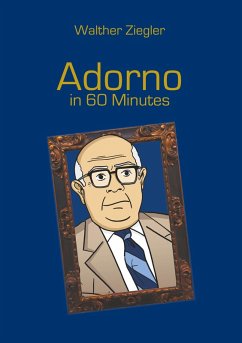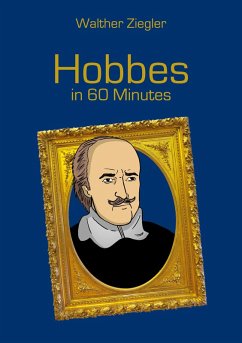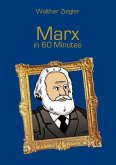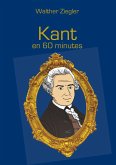Immanuel Kant is thought to be perhaps the greatest of all philosophers. And Kant did make, in the 18th Century, two great discoveries which engage us still today. Firstly, he founded the globally acknowledged 'categorical imperative' in moral philosophy; secondly, he became the first philosopher to succeed in answering that question as old as humanity of how knowledge arises in our brains. In his main work, the 1000-page "Critique of Pure Reason", Kant analysed the working of Man's thinking apparatus. He posed the critical question: what can a human being know with certainty and what can he not? His famous answer: Our reason can provide true and certain knowledge only of that which we have already perceived through our five senses (i.e. seen, heard, smelt, tasted, or touched). For this reason one cannot prove the existence of God, say, or really have "knowledge" of Him, because He is bodiless and imperceptible. Kant thus gave researchers, for the first time, a set of logical tools which was sensationally simple and yet quite perfect, and that still remains valid today and makes all scientific results achieved worldwide mutually comparable. Every theory, however good, had thenceforth to be proven in terms of actual sense-perceptions, for example through repeatable experiments. In his second main work, the Critique of Practical Reason, he tackled the equally ambitious question: 'what is the right way for a human being to act?' Is there a single valid standard for morally right action? Here too Kant provided a spectacular solution that is still passionately debated, globally, today. The book "Kant in 60 Minutes" explains both these major works of Kant's in a lively way, using over eighty key passages from the works themselves and many examples. The final chapter on "what use Kant's discovery is for us today" shows the enormous importance of his ideas for our personal lives and our society. The book forms part of the popular series "Great Thinkers in 60 Minutes".
Dieser Download kann aus rechtlichen Gründen nur mit Rechnungsadresse in A, B, BG, CY, CZ, D, DK, EW, E, FIN, F, GR, H, IRL, I, LT, L, LR, M, NL, PL, P, R, S, SLO, SK ausgeliefert werden.

